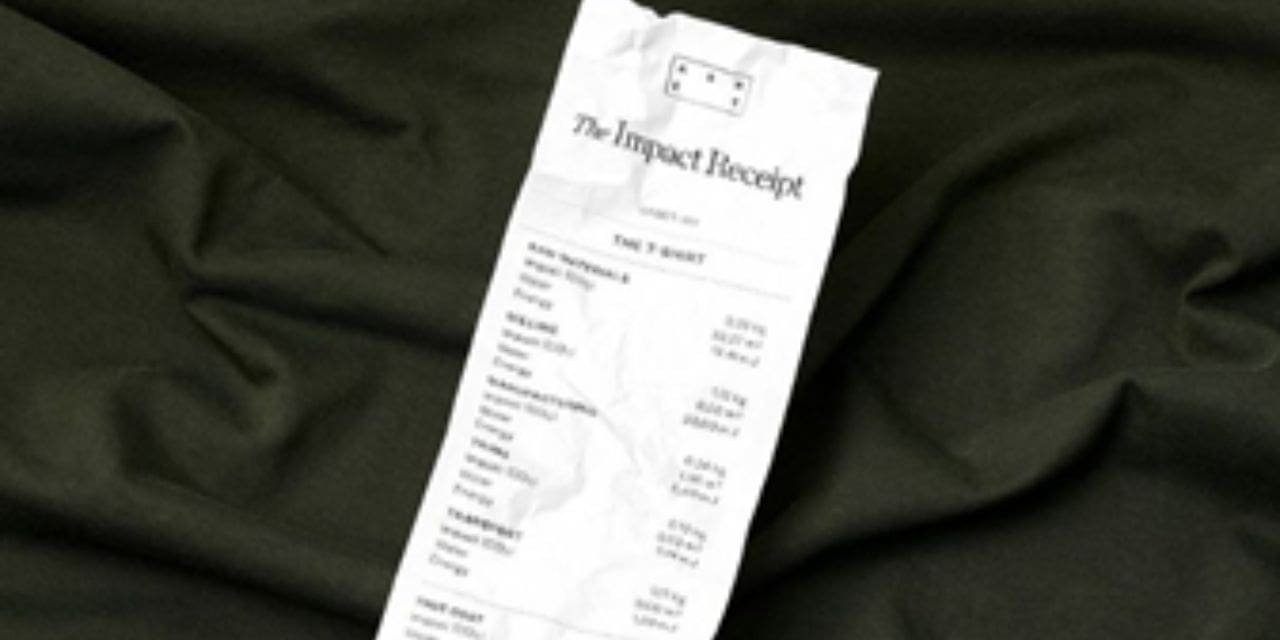Swedish fashion brand Asket is pioneering a novel concept with its ‘Impact Receipt’ aimed at reducing consumption by providing a comprehensive assessment of the environmental impact associated with each purchase. This innovative ‘Impact Receipt’ breaks down the CO2e emissions, water usage, and energy expenditure linked to each garment acquisition, as well as the ecological effects related to packaging and shipping choices.
The primary goal of this initiative is to bring about transparency regarding the environmental cost and influence of Asket’s clothing. By offering consumers a clear view of the ecological consequences of their purchasing decisions, it empowers them to monitor their consumption-based environmental footprint.
Asket has collaborated with Vaayu Tech to conduct detailed lifecycle impact assessments, and the ‘Impact Receipt’ is based on the brand’s garment traceability. This comprehensive approach covers every step of garment creation, from farming and yarn spinning to fabric weaving, dyeing, construction, and the associated transportation processes.
August Bard Bringéus, co-founder of Asket, highlights the fact that the fashion industry has traditionally only disclosed the financial cost to consumers, creating a disconnect between shopping behaviors and their environmental consequences. He emphasizes the need to assign a value to the Earth’s resources and truly understand the costs of our choices, encouraging more responsible consumption.
Founded in 2015 by August Bard Bringéus and Jakob Dworsky, Asket’s core philosophy revolves around eliminating seasonal collections that encourage rapid consumption. While the initial version of the ‘Impact Receipt’ was introduced in 2020 for select best-selling apparel items, this new, more comprehensive approach signifies a significant step forward in promoting sustainability and transparency within the fashion industry.

